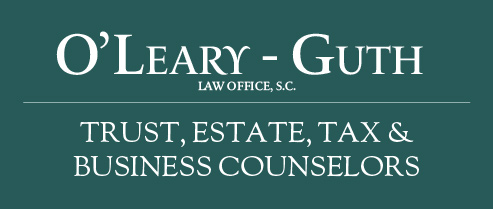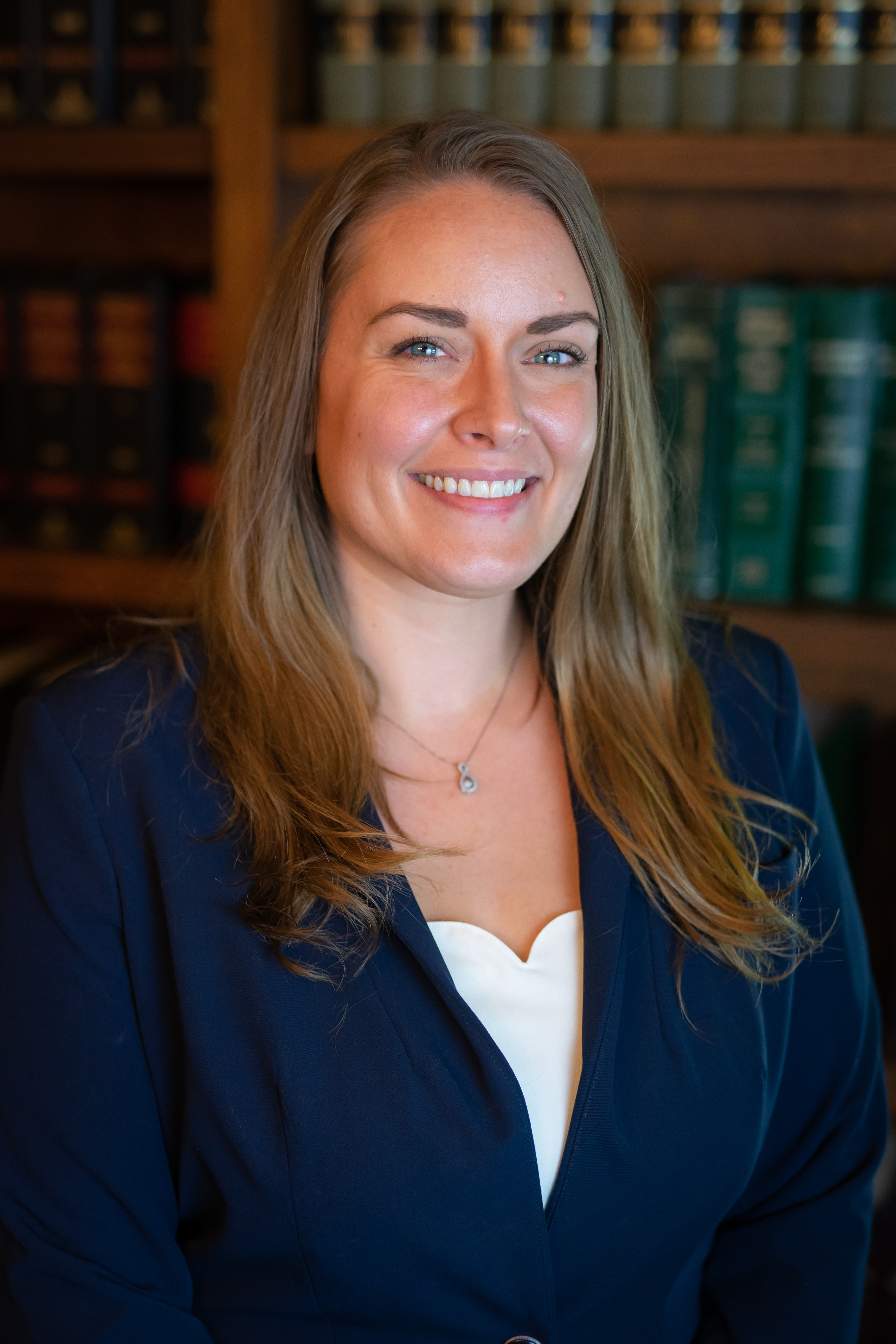A Common Misconception About Wills
Posted: June 24, 2022
By Attorney Alicia Bernards
A common misconception in estate planning is thinking that having a Will (and just a Will alone) allows an estate to avoid probate. This is not true. To the contrary, a Will is a probate document and is only used when an estate goes through probate. Additional estate planning is required if you want your estate to avoid probate.
What is Probate?
Before you decide whether or not you would like your estate to go through probate, let’s briefly review what the probate process entails.
Probate is a court supervised process to make sure a decedent’s bills and taxes are paid appropriately, all assets are inventoried, and distributions are properly made to the correct beneficiaries.
Many people prefer to avoid probate when possible because drawbacks of probate can include:
1. Lack of privacy (documents filed are typically public record),
2. Increased expenses (probate typically involves court fees and attorney’s fees), and
3. Lengthy proceedings (probate can take a long time to complete).
However, sometimes probate may be beneficial for an estate. For example, the formalities of a probate proceeding might be helpful if the estate is expected to have argumentative beneficiaries.
What is a Will?
A Will is the primary probate document that tells a probate court who the decedent wanted to act as Personal Representative and who should receive any assets that might remain after the decedent’s creditors are paid. A Will can also nominate guardians of a decedent’s minor children (if any).
A Will is an important piece of any estate plan in case probate is necessary. However, a Will does not help an estate avoid probate.
How can Probate be Avoided?
Although a Will does not help avoid probate, there are multiple other estate planning tools that can help an estate avoid probate, such as jointly titling assets with rights of survivorship, titling assets in trusts, using beneficiary designations, and utilizing payable-on-death designations.
Discussing your objectives with an estate planning attorney can help to ensure that the proper tools are used to accomplish your goals. Please let us know if you would like to discuss options for your estate.
Schedule an appointment with us today.
Meet with a knowledgeable attorney who specializes in your area of law.
1251 W. Glen Oaks Lane, Mequon, WI 53092
F: (262) 238-6999

